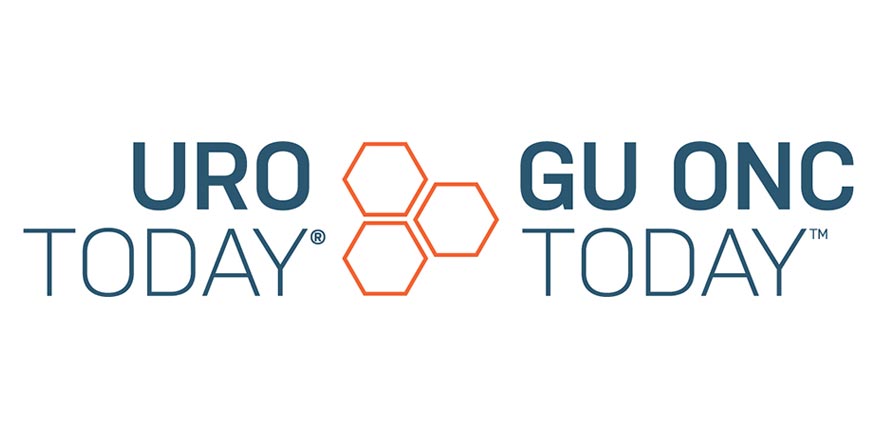Hadoop Market Booming: £1.4 Trillion Forecast by 2032

The global Hadoop market is predicted to experience a significant surge in demand, growing from £78.2 billion in 2023 to an estimated £1.4 trillion by 2032. This impressive expansion represents a compound annual growth rate (CAGR) of 38.1% over the forecast period. The market's growth is largely attributed to the increasing adoption of Hadoop across various industries for managing and analysing vast amounts of data. As businesses strive to leverage big data for improved decision-making and operational efficiency, the ability of the Hadoop ecosystem to process and manage complex datasets is becoming increasingly vital. This robust growth reflects the increasing reliance on advanced data analytics and the growing need for scalable data management solutions worldwide.
Key Players Dominating the Market
The major players in the Hadoop market include Amazon Web Services, Cisco Systems Inc., Cloudera Inc., Datameer Inc., Hitachi Data Systems, Fair Isaac Corporation, MapR Technologies, MarkLogic, Microsoft Corporation, and Teradata Corporation.
Market Segmentation: A Detailed Overview
The global Hadoop market can be segmented based on various factors, providing a comprehensive understanding of its structure and dynamics.
By Component:
Hardware: This category encompasses servers, storage devices, and networking equipment crucial for supporting Hadoop deployments.
Software: This segment includes the Hadoop ecosystem, featuring the Hadoop Distributed File System (HDFS), MapReduce, and other related tools and applications.
Services: This segment comprises consulting, implementation, and support services offered by vendors to facilitate the deployment and maintenance of Hadoop systems.
By Deployment Model:
On-Premise: This traditional deployment method involves installing and managing Hadoop within an organisation's own data centres.
Cloud: This approach involves deploying Hadoop on cloud platforms, offering scalability and flexibility.
Hybrid: A combination of on-premise and cloud deployments allows organisations to leverage both environments for optimal performance and cost-efficiency.
By Enterprise Size:
Large Enterprises: Organisations with substantial data management needs and resources, often requiring sophisticated Hadoop solutions.
Small and Medium Enterprises (SMEs): Growing businesses seeking cost-effective and scalable Hadoop solutions to manage their data.
By Industry Vertical:
Manufacturing: Hadoop is used for predictive maintenance, supply chain optimisation, and quality control.
Banking, Financial Services, and Insurance (BFSI): Hadoop is employed for fraud detection, risk management, and customer analytics.
Retail and Consumer Goods: Hadoop is leveraged for customer segmentation, inventory management, and personalised marketing.
IT and Telecommunications: Hadoop is used for network optimisation, customer experience management, and data security.
Healthcare: Hadoop is implemented for patient data analysis, clinical research, and operational efficiency.
Government and Defence: Hadoop is adopted for national security, surveillance, and public safety data management.
Media and Entertainment: Hadoop is used for content recommendation, audience analysis, and digital advertising.
Energy and Utilities: Hadoop is employed for grid management, predictive maintenance, and energy consumption analysis.
Trade and Transportation: Hadoop is leveraged for logistics optimisation, route planning, and supply chain management.
Others: This category includes sectors like education, real estate, and travel, each with specific Hadoop use cases.
By Region:
North America: Dominates the market due to early adoption of big data technologies and a strong presence of key players.
Europe: Witnesses steady growth with increasing investments in big data infrastructure and analytics.
Asia-Pacific: Expected to experience rapid growth driven by digital transformation initiatives and rising data generation.
Latin America: Shows promising growth prospects with expanding technology adoption and increasing data volumes.
Middle East and Africa: An emerging market with growing interest in big data solutions and improving IT infrastructure.
Industry Trends Shaping the Future
Integration with AI and Machine Learning: Hadoop is increasingly being integrated with AI and machine learning technologies to enhance data processing and analytics capabilities.
Focus on Data Privacy and Security: With growing data privacy concerns, there is a heightened emphasis on securing Hadoop environments against potential breaches.
Adoption of Hybrid Cloud Solutions: Organisations are increasingly adopting hybrid cloud models to balance cost, performance, and scalability.
Growth in IoT Data Management: The proliferation of IoT devices is driving demand for Hadoop solutions capable of handling large volumes of data generated from these devices.
Conclusion:
The global Hadoop market is on a trajectory of significant growth, driven by the increasing need for big data management and analytics across various industries. As organisations embrace the power of big data, they will continue to adopt Hadoop solutions to enhance their data management and analytics capabilities. To stay ahead in this evolving market, key players will need to focus on innovation, integration with emerging technologies, and addressing data security concerns.





